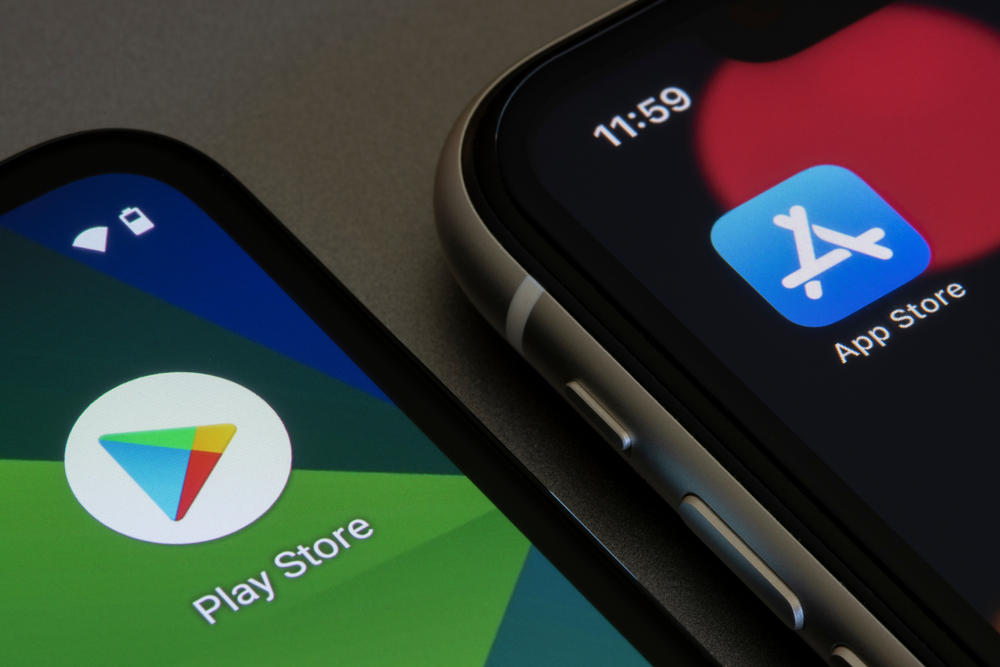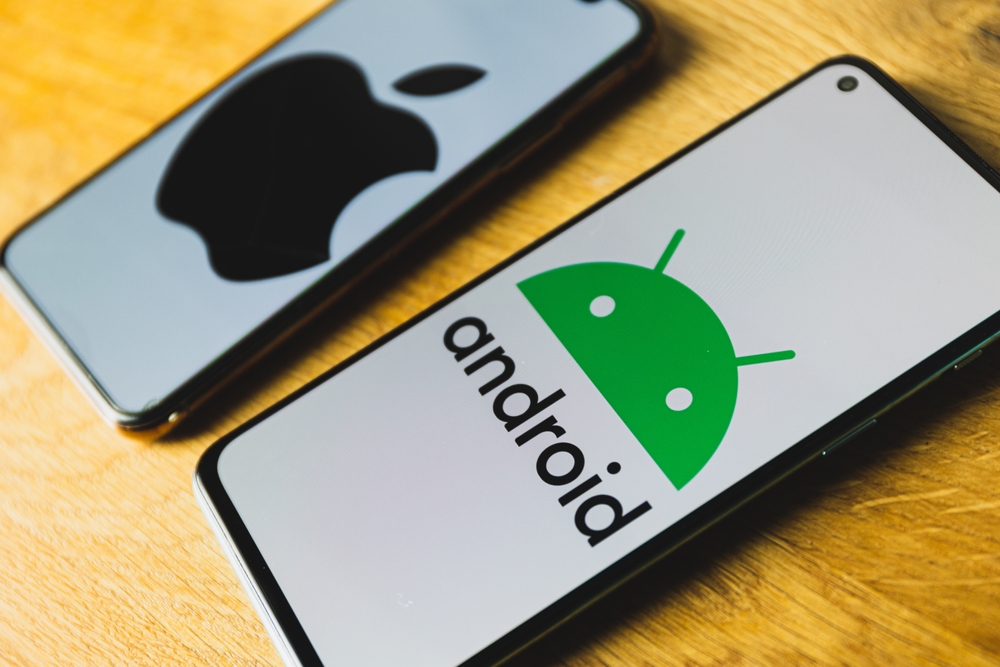
Unlocking Success: Proven Tips and Tricks for Mobile App Marketing and Promotion

In today's digital landscape, mobile apps have become an integral part of our lives. Whether it's for entertainment, productivity, or just pure convenience, mobile apps are transforming the way we interact with technology. With millions of apps flooding the app stores, it's crucial for developers and marketers to understand the strategies that will help their mobile app stand out from the crowd and achieve success.
Identify Your Target Audience
Before diving into any marketing or promotional efforts, it's essential to define your target audience. Understanding who your app is designed for will guide all your marketing decisions, from the messaging to the platforms you choose for promotion.
Research your potential user demographics, including age, gender, and interests. Utilize tools such as Google Analytics and social media insights to gather data on your existing users. By identifying your target audience, you can customize your marketing campaigns to appeal directly to them.
Additionally, focus on creating buyer personas, which are fictional characters that represent your ideal users. Craft detailed profiles, including their goals, challenges, and motivations. This exercise will provide valuable insights into how to position and market your mobile Google Play or App Store app effectively.
Create a Powerful App Store Listing
One of the first touchpoints with potential users is your app store listing. It's crucial to optimize this space to grab attention and convince users to download your app. Here are some tips to create a compelling app store listing:
- Title: Choose a catchy and memorable title that encapsulates your app's purpose.
- Description: Clearly explain the benefits and features of your app. Keep it concise and engaging.
- Keywords: Research and include relevant keywords in your app store listing to improve discoverability.
- Visuals: Use high-quality screenshots and an attractive app icon to entice users.
- Reviews and Ratings: Encourage satisfied users to leave positive reviews and ratings to establish credibility.
Leverage Social Media Channels
Social media platforms provide excellent opportunities for mobile app marketing and promotion. With billions of active users, these channels enable you to reach a wide audience and engage with potential app users. Here's how to leverage social media for your mobile app:
- Create a Social Media Strategy: Define your goals and objectives for social media marketing. Determine which platforms are most relevant to your target audience and develop a content plan.
- Engage and Interact: Actively participate in conversations related to your app's niche. Respond to comments and inquiries from users, and create a sense of community around your app.
- Influencer Collaborations: Partner with relevant influencers in your industry to promote your app to their followers. Influencers can provide valuable exposure and credibility to your mobile app.
- Run Contests and Giveaways: Create excitement around your app by organizing contests and giveaways exclusively on social media. This will attract new users and generate buzz.
Implement App Store Optimization (ASO)
App Store Optimization (ASO) is the process of optimizing your app's visibility in the app stores' search results. By implementing ASO strategies, you can increase your app's organic downloads and improve its overall ranking. Here are some ASO techniques to consider:
- Keyword Research: Identify relevant keywords for your app and include them in your app's title, description, and metadata. This will improve your app's visibility in search results.
- App Reviews and Ratings: Encourage users to rate and review your app. Positive reviews and high ratings influence app store algorithms and improve your app's ranking.
- App Icon and Screenshots: Design an eye-catching app icon and use compelling screenshots that showcase your app's features. This will help attract attention and convince users to download your app.
- Localization: Translate your app's metadata, including the title and description, into different languages to target a global audience. This will expand your app's reach and improve its visibility in international app stores.
Monitor and Analyze Performance
To optimize your mobile app marketing efforts, it's essential to track and analyze performance metrics. This data will provide insights into the success of your strategies and help you make informed decisions moving forward. Here are key performance metrics to monitor:
- Downloads: Keep track of the number of app downloads over time to gauge the effectiveness of your marketing campaigns.
- User Engagement: Monitor user engagement metrics, such as session length, screen views, and in-app purchases. This data will help you understand how users are interacting with your app.
- Retention Rate: Measure how many users continue to use your app over a specific period. A high retention rate indicates that users find value in your app.
- Conversion Rate: Determine the percentage of users who take desired actions, such as making a purchase or subscribing to a service. Improving your conversion rate is crucial to maximizing app revenue.
- Feedback and Reviews: Monitor user feedback and app reviews regularly. Address any issues or concerns raised by users promptly to maintain a positive app experience.
Frequently Asked Questions
1. How long do mobile app marketing strategies take to show results?
The timeframe for seeing results from mobile iOS or Android app marketing strategies can vary. It depends on various factors, including the competitiveness of your app's niche, the effectiveness of your marketing campaigns, and the quality of your app itself. Generally, it's crucial to be patient and consistently monitor and optimize your strategies to achieve long-term success.
2. Should I focus on paid advertising or organic promotion for my mobile app?
Both paid advertising and organic promotion have their benefits. Paid advertising can provide quick visibility and reach, especially through platforms like Google Ads and social media ads. On the other hand, organic promotion focuses on optimizing your app's visibility in app store search results and leveraging word-of-mouth and user engagement. A combination of both strategies can yield the best results.
3. How can I encourage users to review and rate my mobile app?
Encouraging users to review and rate your app can be achieved through strategic in-app prompts or push notifications. You can politely request users to leave a review or rating after they have had some time to explore and engage with your app. Additionally, consider offering incentives, such as exclusive content or discounts, as a token of appreciation for their feedback.
4. Does localization play a significant role in mobile app marketing?
Localization is increasingly important in mobile App Store or Google Play app marketing. By translating your app's content into multiple languages, you can reach a broader audience and tap into international markets. Different cultures have unique preferences and browsing habits, so adapting your app's messaging to suit these preferences can significantly impact its success.
5. How often should I update my mobile app?
Regular updates are essential for maintaining a positive user experience and keeping users engaged. The frequency of updates depends on the nature of your app and the feedback received from users. Aim to release updates at least once a month, addressing any bug fixes, adding new features, and incorporating user suggestions.
In conclusion, mobile app marketing and promotion require a well-planned strategy and continuous optimization. By identifying your target audience, optimizing your app store listing, leveraging social media channels, implementing ASO techniques, and monitoring performance metrics, you can unlock success and maximize the reach and impact of your mobile Android or iOS app .
Other useful resources
- https://www.appguru24.com/promote-ios-app/
- https://en.wikipedia.org/wiki/Android_(operating_system)
- https://www.appguru24.com/services/app-development/